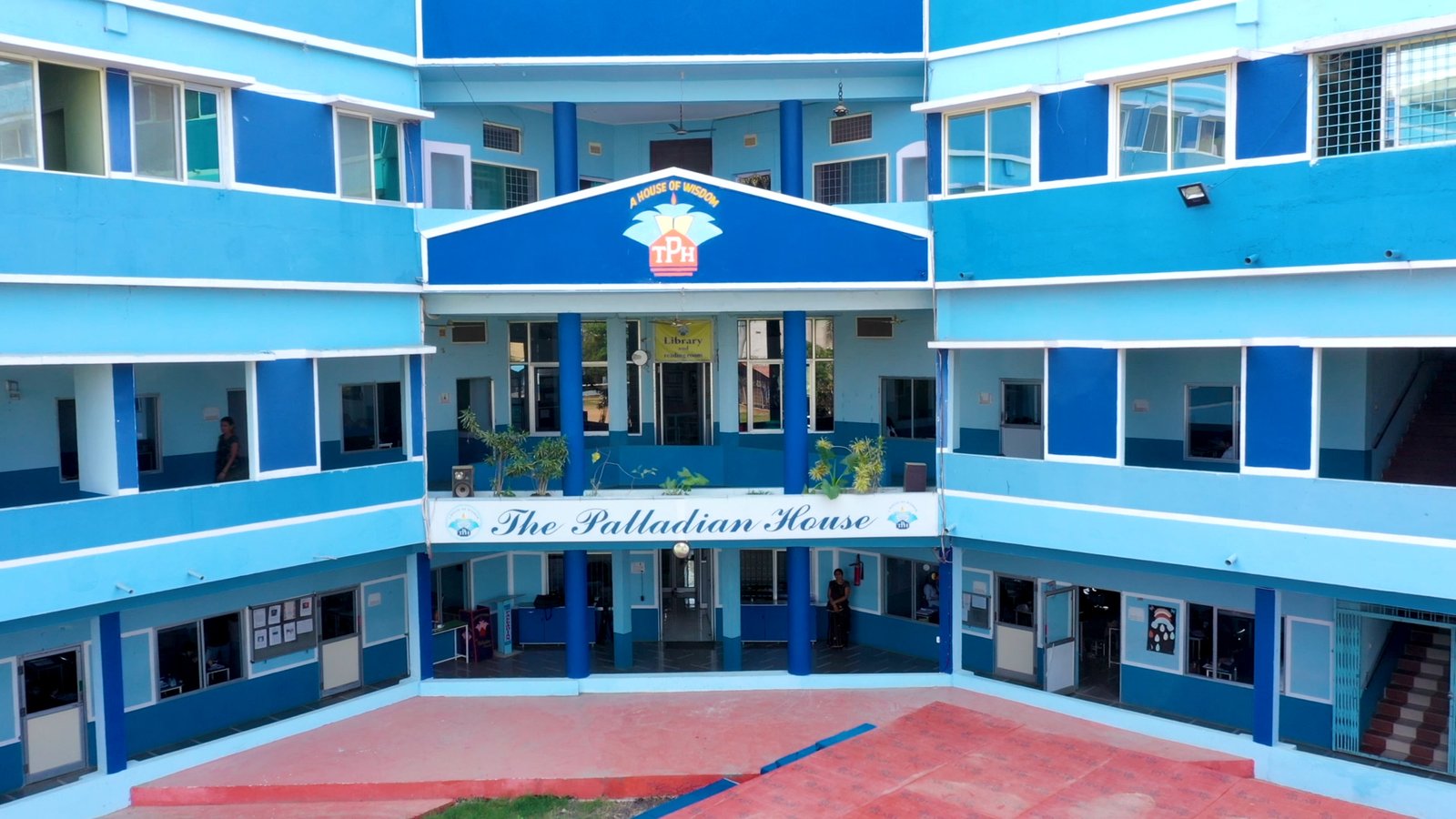
- Email thepalladianhousebarwaha@gmail.com
- Toll Free+917354733777


Introduction
Choosing the right educational board for your child is a significant decision that can shape their academic journey and future prospects. In India, there are several educational boards to choose from, each with its unique curriculum and approach. One such prominent board is the Indian Certificate of Secondary Education (ICSE). In this blog, we aim to shed light on the ICSE board and help you decide if it is the right choice for your child, with insights from The Palladian House School in Barwaha, Madhya Pradesh.
Understanding the ICSE Board
The ICSE board, known for its rigorous and comprehensive curriculum, is a popular choice among parents and students alike. It focuses on a holistic education that not only emphasizes academic excellence but also nurtures critical thinking, creativity, and practical skills.
Advantages of the ICSE Board
1. Holistic Development: The ICSE curriculum is designed to provide a well-rounded education. It encourages students to explore a wide range of subjects and activities, fostering their overall development.
2. In-Depth Knowledge: ICSE emphasizes in-depth understanding of subjects rather than rote learning. This approach helps students grasp concepts thoroughly and promotes analytical thinking.
3. Strong English Language Skills: The ICSE board places significant emphasis on English language proficiency, which is a valuable asset in today's globalized world.
4. Flexibility in Subject Choices: ICSE offers a variety of subject choices, allowing students to tailor their education to their interests and career aspirations.
5. Comprehensive Assessment: ICSE assessments include coursework, projects, and practical examinations in addition to written exams, offering a more holistic evaluation of a student's abilities.
Comparing ICSE with Other Boards
Now, let's consider how ICSE stacks up against other educational boards:
1. ICSE vs. CBSE: While both boards are well-recognized, ICSE is often considered to offer a more comprehensive curriculum. CBSE is known for its standardization, whereas ICSE encourages a broader and more detailed understanding of subjects.
2. ICSE vs. State Boards: State boards vary significantly in terms of curriculum and quality. ICSE offers a standardized curriculum that is often more rigorous and globally accepted.
3. ICSE vs. IB: The International Baccalaureate (IB) program is highly regarded for its international focus. ICSE is more tailored to Indian students and provides a strong foundation in Indian subjects.
Is ICSE the Right Choice for Your Child?
The decision between ICSE and other boards ultimately depends on your child's learning style, interests, and career goals. Consider the following factors:
1. Learning Style: Does your child thrive in a comprehensive and in-depth learning environment, or do they prefer a more streamlined curriculum?
2. Future Aspirations: Consider your child's career aspirations. Some professions may require specific board certifications, so research accordingly.
3. School Environment: Evaluate the quality and approach of the school you are considering. A school like The Palladian House in Barwaha, Madhya Pradesh, which offers ICSE, may provide valuable support for ICSE students.
4. Personal Interests: Consider your child's interests and whether ICSE offers the subject choices and extracurricular activities that align with their passions.
Conclusion
The choice between ICSE and other educational boards is a significant one. ICSE is known for its holistic approach, in-depth curriculum, and focus on practical skills. However, the right choice for your child depends on their individual needs and aspirations. It's essential to research schools like The Palladian House School in Barwaha, Madhya Pradesh, to understand how they implement the ICSE curriculum and provide the support your child requires. Ultimately, the goal is to provide your child with an education that not only prepares them academically but also helps them thrive and succeed in life.